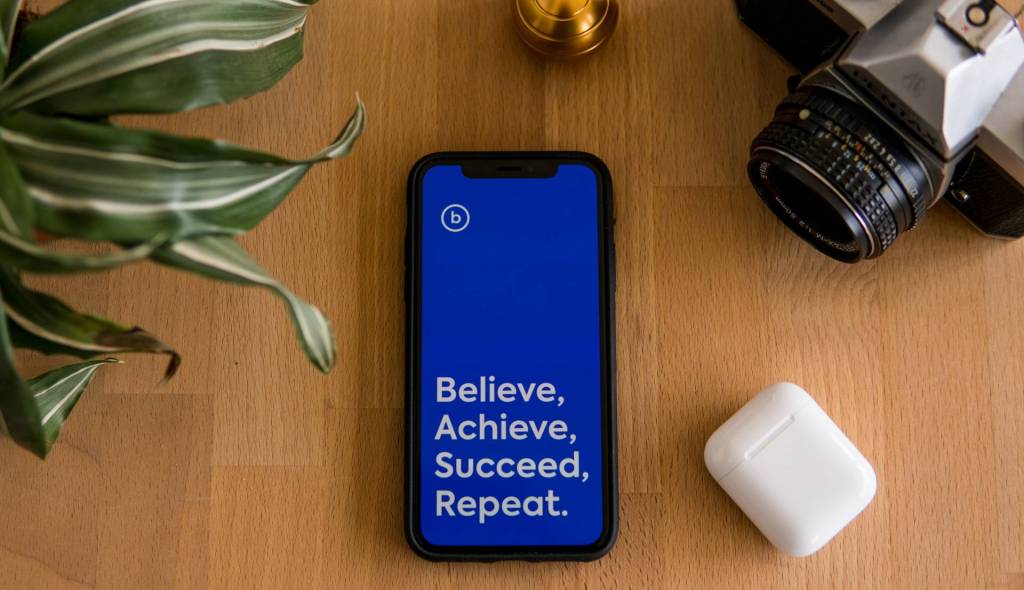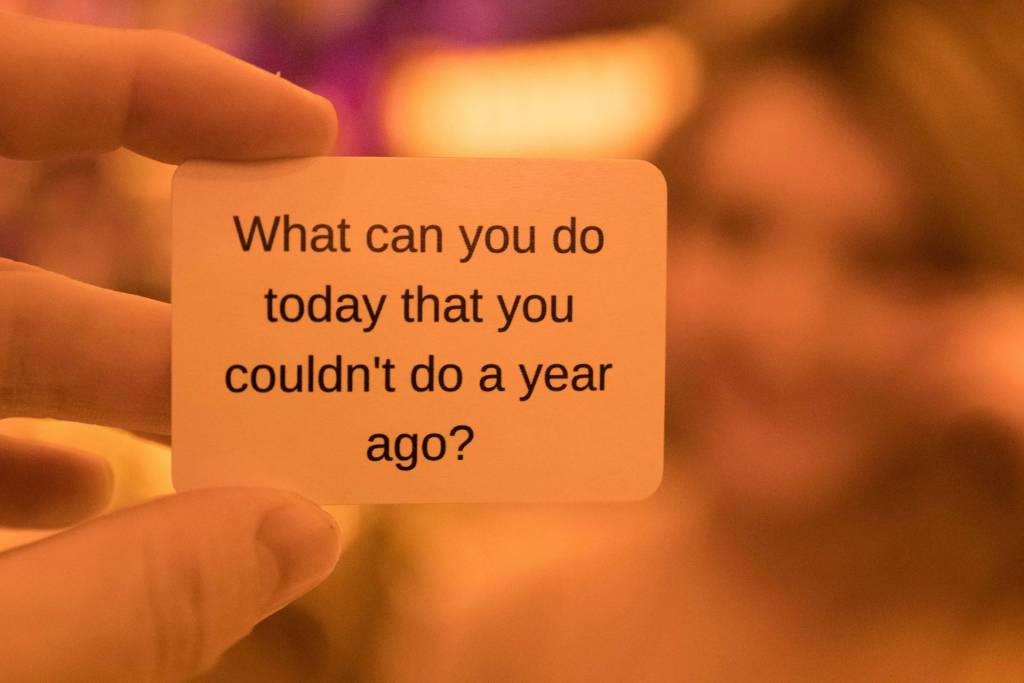Recently, I had the chance to connect with Kevin Allen, the pitchman behind MasterCard’s now iconic “Priceless” campaign and author of the Wall Street Journal best-seller, The Hidden Agenda. In Allen’s newest book, The Case of the Missing Cutlery, he discusses his journey to becoming a leader. Specifically, he recalls his time as a young manager at an airline catering facility. With silverware disappearing at a rapid clip, he was called upon to solve the case, and in doing so, discovered how to become a leader who inspires. We discussed his story, the concept of “leadership,” and the obstacles he faced while pitching the “Priceless” campaign to MasterCard.
Do you believe that leadership is something that can be learned or acquired?
When I was coming up in the business, there seemed to be a pre-determined criteria for what it meant to be a leader, if you ate bowls of ten-penny nails for breakfast, talked tough, acted tougher and strutted around telling people what to do, it seemed a sure bet you would have been defined as a “natural born leader.” For me, none of those things either resonated or were anything remotely part of my makeup – and as a young fellow I struggled with the perception that those who didn’t have those characteristics were destined not to lead.
We no longer live in a hierarchical world, where the power rests with the precious few, where customers and people within organizations act obediently at the behest of an omnipotent few. Twenty-first century organizations are thriving communities of people in and outside the organization who are bound together by a common value system embodied in leadership that is born of empathy, the ability to listen, generosity of spirit and an innate sense of what’s in the hearts of the people that you are leading – this is “buoyancy” the act that you will float because the people in the organization believe you should. That you have understood the hearts of your people and have been able to galvanize for them their participation in an incredible future.
This being the case, I would assert that leadership isn’t something that is possessed by a precious few. We all possess the human ability to be empathetic and our true genuine selves and can be taught to harness these basic human abilities to inspire and spur people toward the achievement they seek.
What were some unexpected leadership lessons you learned throughout your journey?
Probably the biggest unexpected lesson was that the tenets of leadership were not found in a fancy management book, but found in the simple yet profound truths of human empathy, generosity of spirit, as well as the ability to give confidence and inspiration to others. Business is not about numbers, it’s a human game.
What were some important inflection points that led you to where you are today?
There were many inflection points throughout my 30 year career, many of these if not all, were the result of some profound change.
What I’ve learned is these inflection points are not moments of worry or fear, and while they are chaotic, these moments of change produce opportunity to be seized, I was always instinctively on the lookout for these instances and how I could not run from them but embrace them.
Upon reflection, there are probably two significant business inflection points that became a hallmark of what I have been able to accomplish. The first is the shift from the supply economy to the demand economy as mentioned. Recognizing that companies and brands are not things, but communities I seized the opportunity in transforming companies that I worked for from “producers” to customer centric, values-led communities. The second is a realization of a profound sea change in company make up and the needs of future company leaders. Client after client expressed to me the urgent need to bring in readiness an entirely new generation of leadership. This generation, born of the digital era, seek leadership guidance, community support and mentorship differently – this is what led to the creation of Planet Jockey (our leadership game based upon the emotionally intelligent philosophy of buoyancy).
Can you share some of the obstacles that you faced when pitching the MasterCard “Priceless” campaign?
It was the pitch of the decade, $100,000,000, 50 agencies were narrowed to 6…. And then to two. And then, in a moment, the client informed the anxious finalists that the advertising they proposed which included our “Priceless” campaign would be placed in consumer testing and whoever garnered the highest score would win this coveted account. We waited and then learned (to our horror!) that “Priceless” bombed! It test scored far lower than our rival. And yet, because we understood, not merely how effective “Priceless” could be, but the hearts and desires of our MasterCard client, the unspoken, visceral, emotional motivation, “the hidden agenda,” marketing director Larry Flanagan of MasterCard urged the board to award us the business, in his words “We knew we had a good idea in ‘Priceless’, but what mattered was we felt we could win with them.”
If someone is a young aspiring leader, what advice would you give them to get started on their own journey?
I guess you could call me a “mutt.” As a kid from the wrong side of the tracks, terribly aspirant and wanting to make his way in the competitive world of Madison Avenue, I secretly worried, because I may not have had the pedigree of my competitors, that I would not possess the requisite “list” for leadership. To any young person on their leadership journey, I say to you this: Be Yourself. You will be embraced, you will be celebrated and you will be followed because of who you are, as you are. Genuineness, authenticity, and your own special brand of uniqueness is what connects you to your colleagues, your clients and most of all your people. So let the eccentricities fly!
Thank you to Kevin Allen for taking the time to chat with me.












